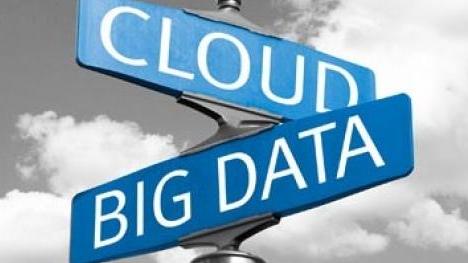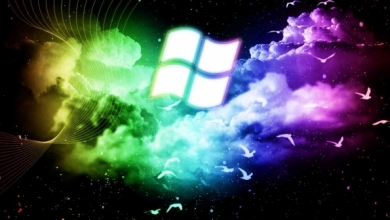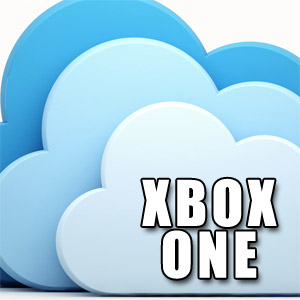Van den Berg, Oscar Barnes, Nigel| Hispanicbusiness
Big data that ranges from social media to real-time operational information is permeating the business environment – utilities included. Internally, a business’s effectiveness in engaging and leveraging talent is increasingly determined by how well it manages the social capital in its work force.
Externally. call centers are being supplanted by communication with and between consumers on Facebook. For utilities, these trends reflect and contribute to a flood of real-time data that ranges from customers’ online comments to automatic alerts from remote sensors. The rollout of smart grids means this data deluge is potentially greater in the utility sector than any ouier industry. Utilities that apply sophisticated analytics to transform this information into actionable business intelligence will become the industry’s high performers.
Utilities that seek to lead in generating value from customer and operational data also are identifying a further imperative: cloud computing. Data management and analytics to this scale are only feasible by leveraging flexible, scalable, pay-per-use access to massive storage and processing power. Cloud computing is a natural fit for big data analytics that require supercomputer-type capabilities. This will open the way for utilities to manage data and analytics related to operational and social networking, enabling better, faster and more responsive decisions in areas from network outage prevention to dynamic customer tariffs.
Getting Social With Customers
The first signs of these changes are clear as utilities move to position themselves as social media-enabled organizations that engage in constant, close, two-way interaction with customers. Some utilities have connected customer services to social media to improve satisfaction and project a techsavvy image.
Several U.S. utilities, including Pepeo Holdings Inc. and Baltimore Gas and Electric Co., use Twitter and Facebook to inform customers about outages and crisis communication plans. BC Hydro’s Facebook page includes customer forums on issues such as smart metering, advice on what to do during an outage and a “Save like Steve” challenge for conservationconscious consumers. TXU Energy Retail Company LLC offers ‘TXU Energy in Your Community” links to donate to TXU Energy Aid and videos of donors. And Dominion Virginia Power has more than 16,500 Twitter followers for its latest news and community events.
As Figure 1 illustrates, a 201 1 study showed that about one- third of utilities were using social media to engage with customers. More surprisingly, nearly 40 percent were not. The proportion that ignores social media will decline rapidly as social networks strengthen their grip as consumers’ favorite channel for communicating with their utilities, and also for discussing their utilities’ service quality with other customers.
And for utilities that want to build a social presence, Accenture Retail and Business Services for Utilities research shows that one- way messages are not enough. To engage consumers, energy providers must offer a range of social capabilities including service convenience, access to exclusive offers and online communities built through social media.













